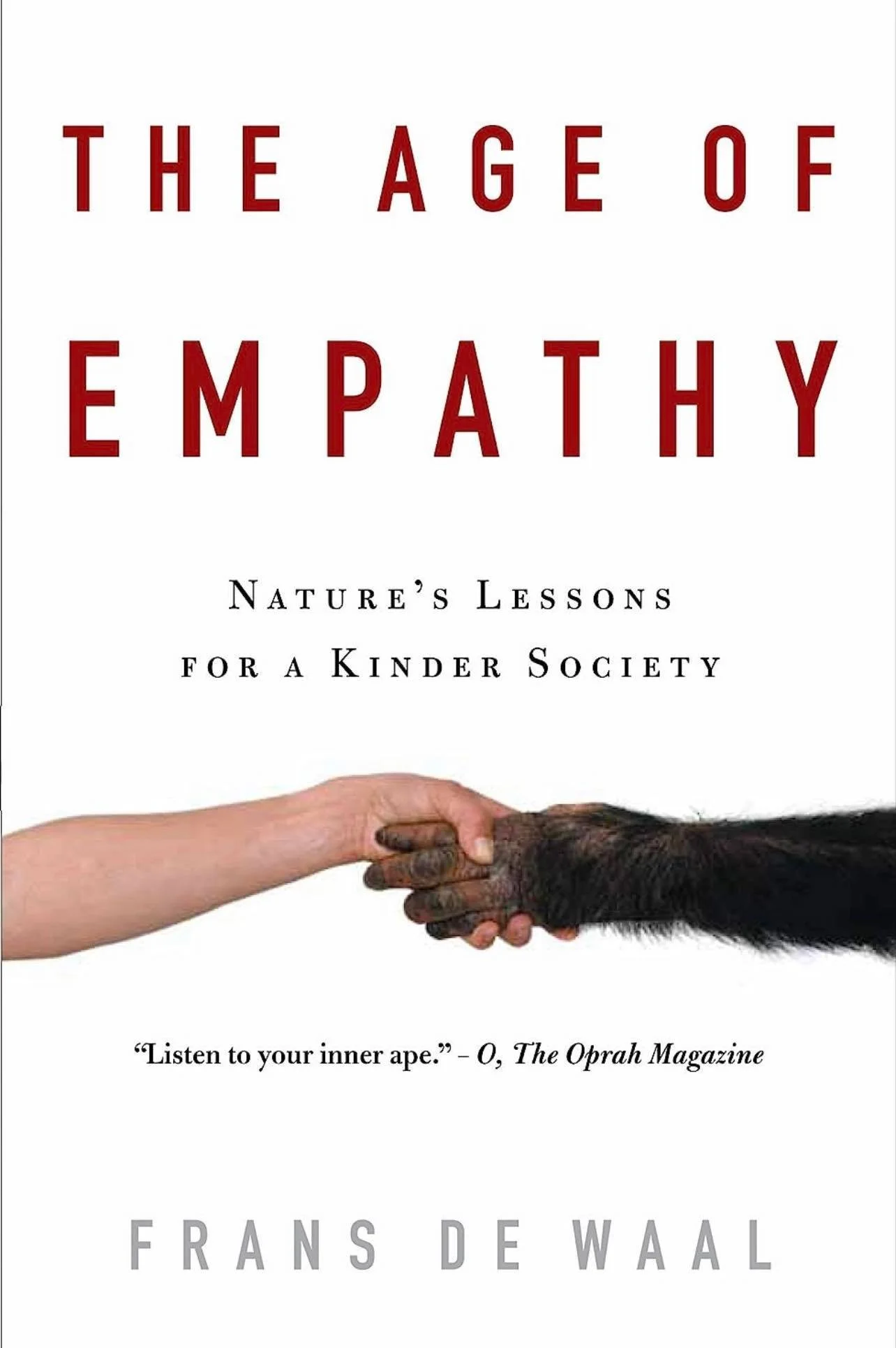the age of empathy: Nature’s Lessons for a Kinder Society
frans de waal’s research shows us just how much we can learn from animals.
In "The Age of Empathy," acclaimed primatologist Frans de Waal takes readers on an insightful journey into the world of animals to explore the inherent nature of empathy. Known for his ground-breaking work on primate behavior, de Waal uses various fascinating examples from the animal kingdom to challenge long-held beliefs about human social behavior, particularly the notion that we are naturally selfish creatures.
Drawing from extensive research and observations, de Waal showcases how empathy is not exclusive to humans but can be found in various forms among numerous species. To illustrate this point, he uses examples from elephants mourning their dead, chimpanzees caring for the weak, and even mice responsive to their peers' distress. His observations make for intriguing and thought-provoking reading, bridging the gap between humans and other animals and making empathy a universal quality that binds us all.
Against the backdrop of these engaging narratives from the animal kingdom, de Waal subtly addresses a more profound, more pertinent social question: if empathy is innate and not exclusive to humans, then why do many aspects of human society seem to be structured around competition and self-interest? He uses his research to advocate for a shift in societal norms towards a kinder, more empathetic society.
De Waal's writing is lucid and accessible, making complex scientific concepts understandable for laypeople. However, it's not without its caveats. While the examples from the animal kingdom are compelling, applying these observations to human society may feel oversimplified to some readers. Given our complex cultural, economic, and political systems, some may argue that it could be more convincing to draw direct parallels between animal behavior and human societal structures.
Overall, "The Age of Empathy" is a thought-provoking read. It invites us to reassess our understanding of nature, human behavior, and society through empathy. While some of its assertions may be open to debate, it is undeniably a valuable contribution to discussing empathy's role in our lives. If nothing else, it will inspire you to look at the world around you more empathetically.


